BASRAH, Iraq -- The regime change in Iraq has opened many new opportunities and important development projects in the southern oil fields of Iraq.
The U.S. Army Corps of Engineers (USACE) is working on various projects to ramp up oil production for the new democratic country and help improve Iraq's economy.
One important project is the Al Basrah Oil Terminal, formerly known as Mina Al-Baker and now called "ABOT," and is considered to be the gateway to Iraq's prosperity.
"Right now oil is Iraq's major export. It isn't easy to increase oil exports, but the Corps has plans of raising the crude output to meet 3 million barrels per day in 2007," said Bob Tillisch, oil program manager with the Basrah Area Office of the Gulf Region South District.
He said that experts estimate Iraq has about 115 billion barrels of oil reserves, concentrated mainly in the south.
"The main objective of the ABOT development project is to create a strong and reliable source of income for Iraq, improve Iraqi livingconditions, and creates new opportunities for employment," Tillisch said. According to Tillisch, during Phase One of the refurbishment of the ABOT a hydraulic bridge system was installed at Platforms A and B, and the telescopic platform bridging systems at Berths 1, 2, 3 and 4 were removed, repaired and reinstalled.
Also, the hydraulic power units, the directional control valves and other system-critical equipment were refurbished.
Tillisch explained that the ABOT previously operated without a functioning fire and gas protection system, and that there were no fire or gas detection sensors, or pressure alarm systems.
The emergency shutdown valves were either corroded or missing, and the firewater pumps did not work effectively.
"During Phase Two, we (USACE) provided a modern fire-fighting system with both diesel and electrical fire-water pumps throughout the platform in case of fire. Also, this new system will have fire-fighting foam capabilities in order to increase its effectiveness. This replaces the previous system which was outdated," he added.
At present, there is no effective way of metering how much oil is loaded on board tanker ships.
Iraq's South Oil Company (SOC) has to measure the cargo tanks by hand.
Tillisch said the USACE will supply modern metering devices for platforms A and B, which will ensure that the total amount of oil exported from the ABOT can be accurately measured electronically.
"The renovation includes new radio communication equipment at eight sites throughout the southern Iraq oil fields and refineries including the ABOT," Tillisch said. "This will ensure that pumping oil from the mainland to the ABOT can be done more safely and effectively by a modern communication system.
"The installation of radios, battery back up systems and new microwave dishes will greatly increase safety to enable the South Oil Company to start and shut down in an orderly and efficient means. In case of an emergency at the ABOT, all pump stations can be shut down immediately. Such an action will increase the safety in case of fire here at the ABOT," he said.
David Anderson, a construction representative with the Basrah Oil Office, said, "USACE will provide an emergency shutdown system for
"This will consist of an electrical control station and all associated wiring and valves. In case of an emergency, the SOC operators will have a safe and efficient means to turn off the loading to the oil tanker which is tied alongside the pier," Anderson said.
In order to provide a reliable source of lighting and power for the ABOT, USACE refurbished the four old diesel generators installed in 1979.
The Corps is also providing life-saving equipment and life rafts for evacuation from the ABOT in case of an accident.
"Remember, being on the ABOT is almost like being on a ship," Andersonsaid. "All SOC personnel can safely use the SOLAS (Save Our Lives at Seas) equipment, which are approved life-saving boats."
For Anderson, this $50 million project has been designed to increase the terminal's loading capacity to three million barrels of oil per day, and to enhance the reliability and safety of the terminal operations.
The ABOT program will help all of Iraqi's people.
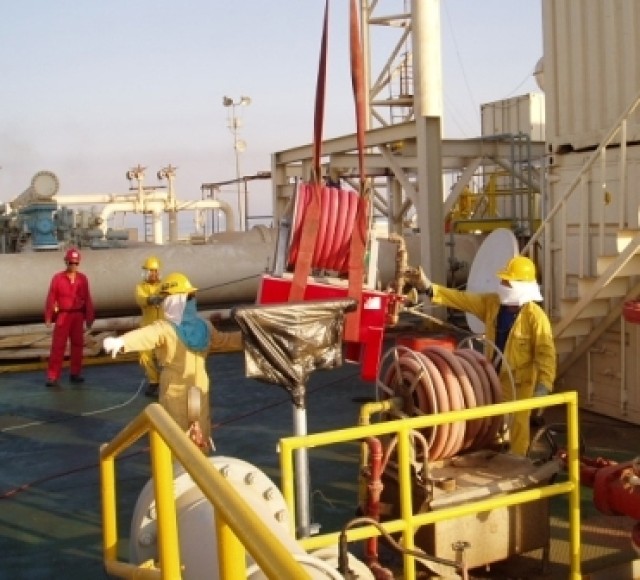
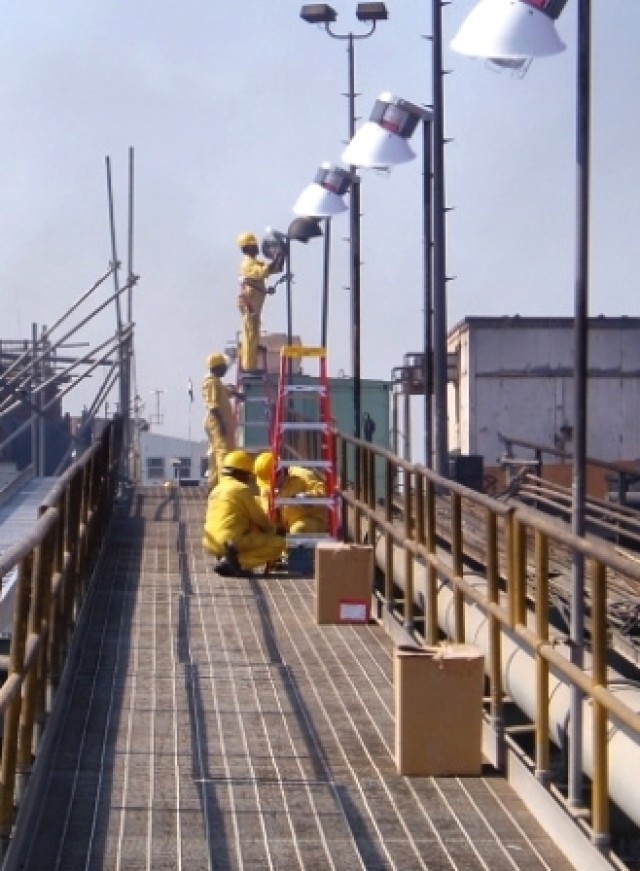
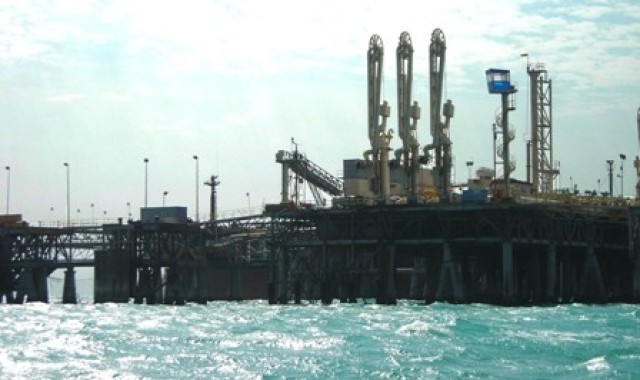
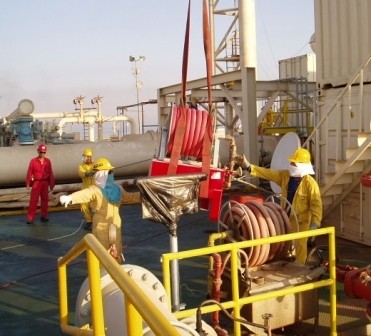
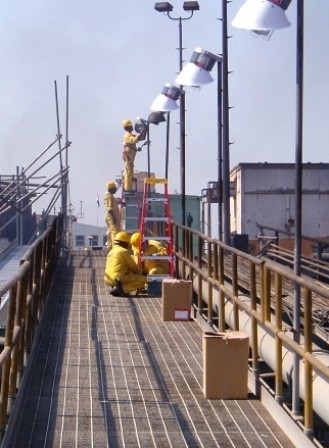
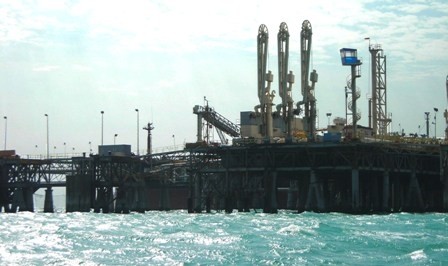
Social Sharing